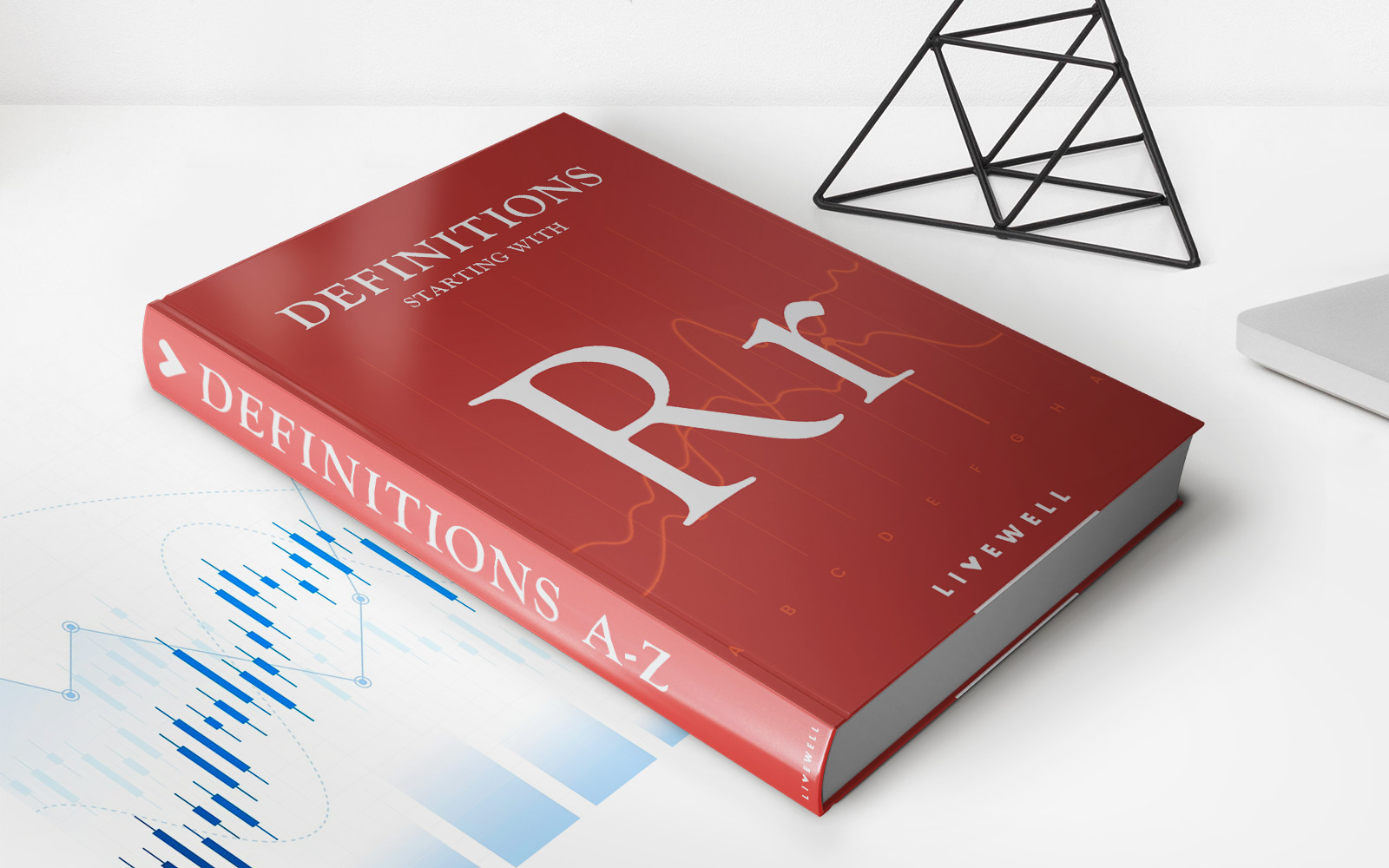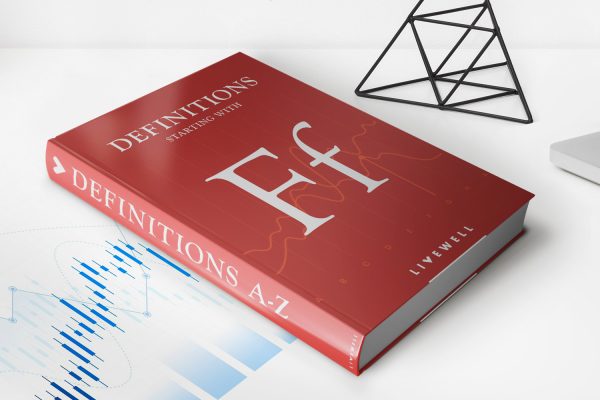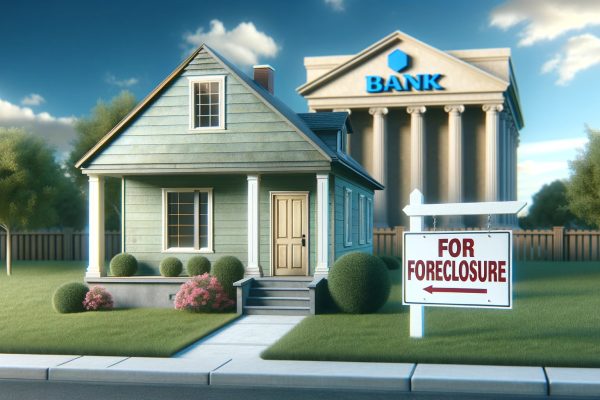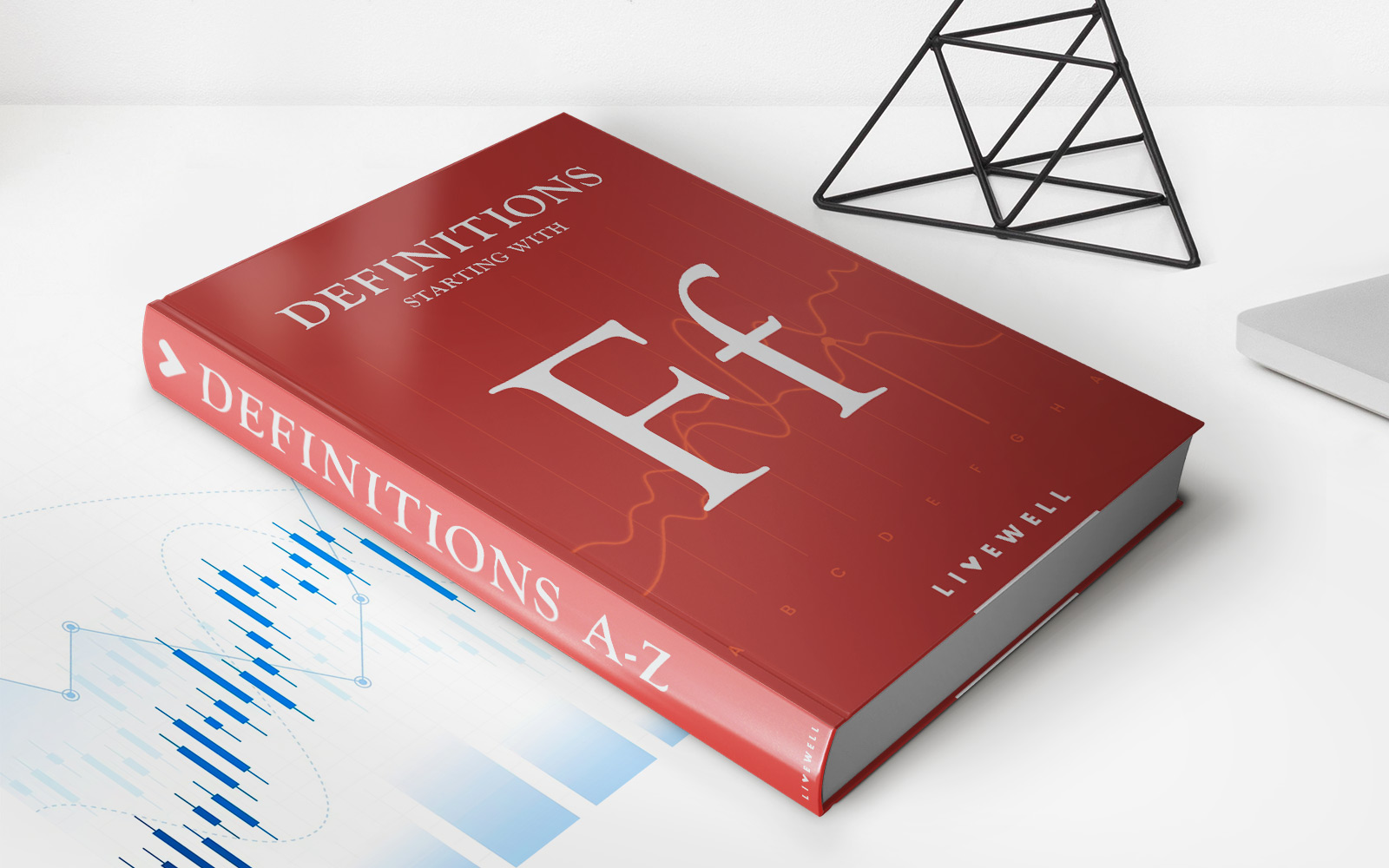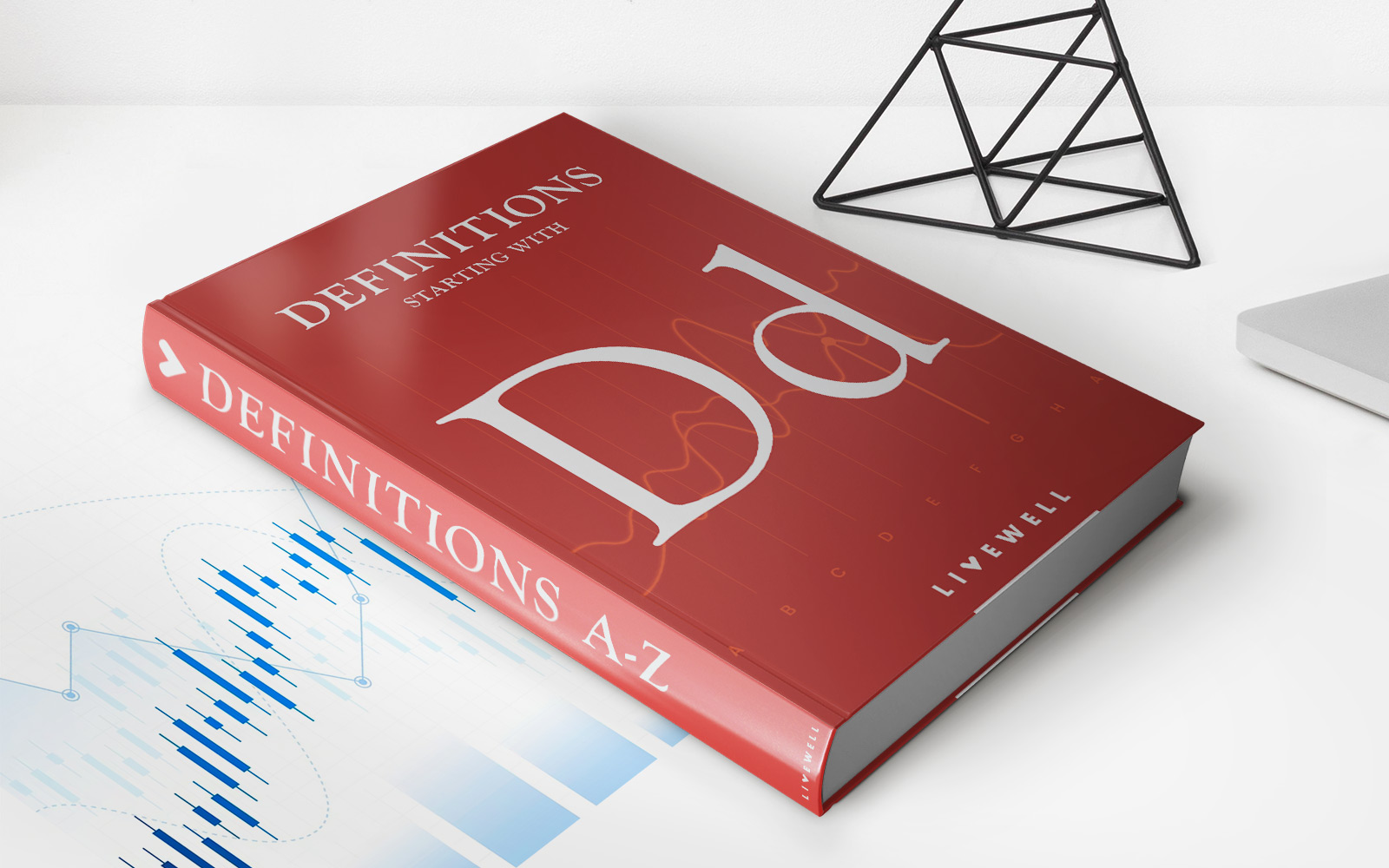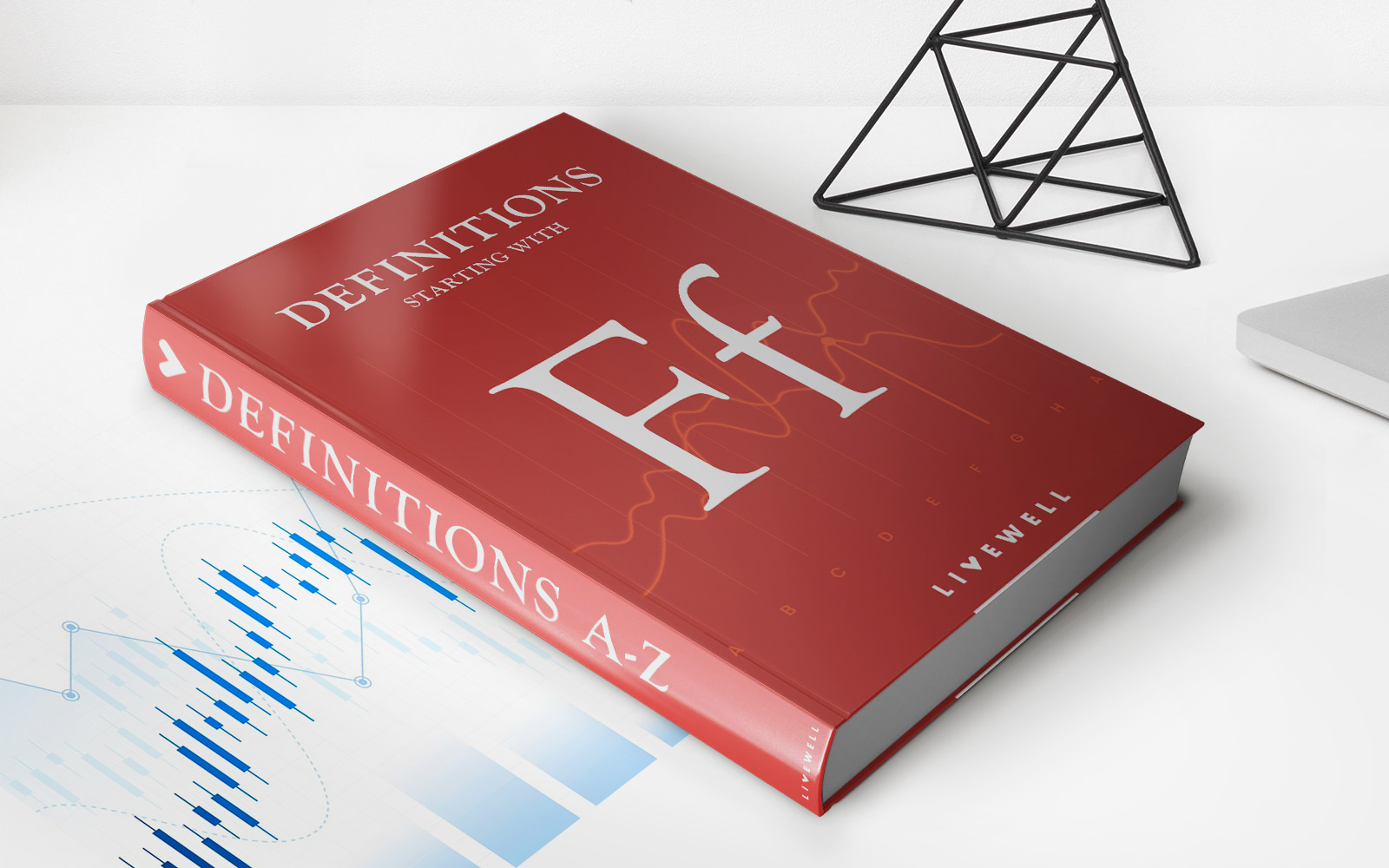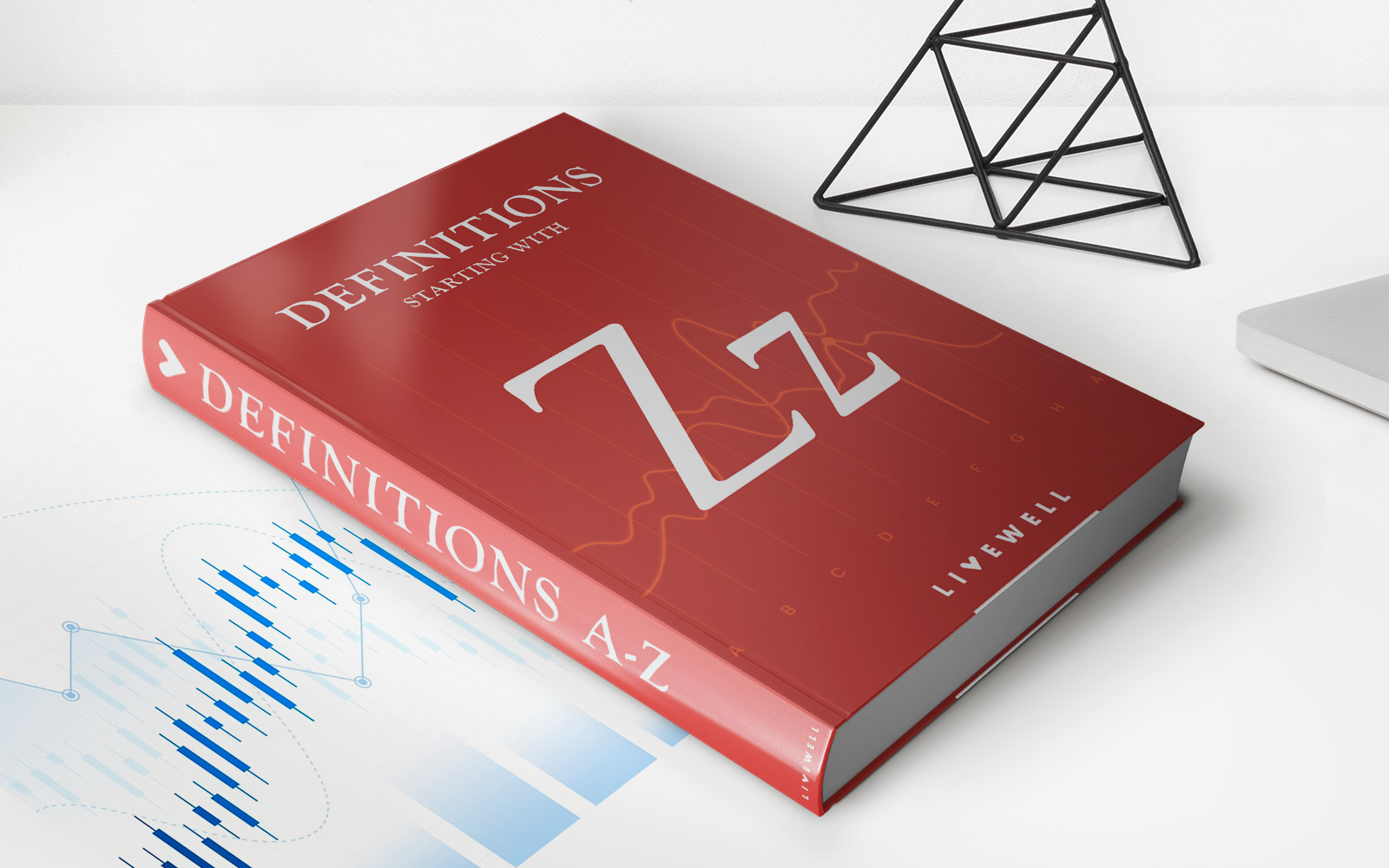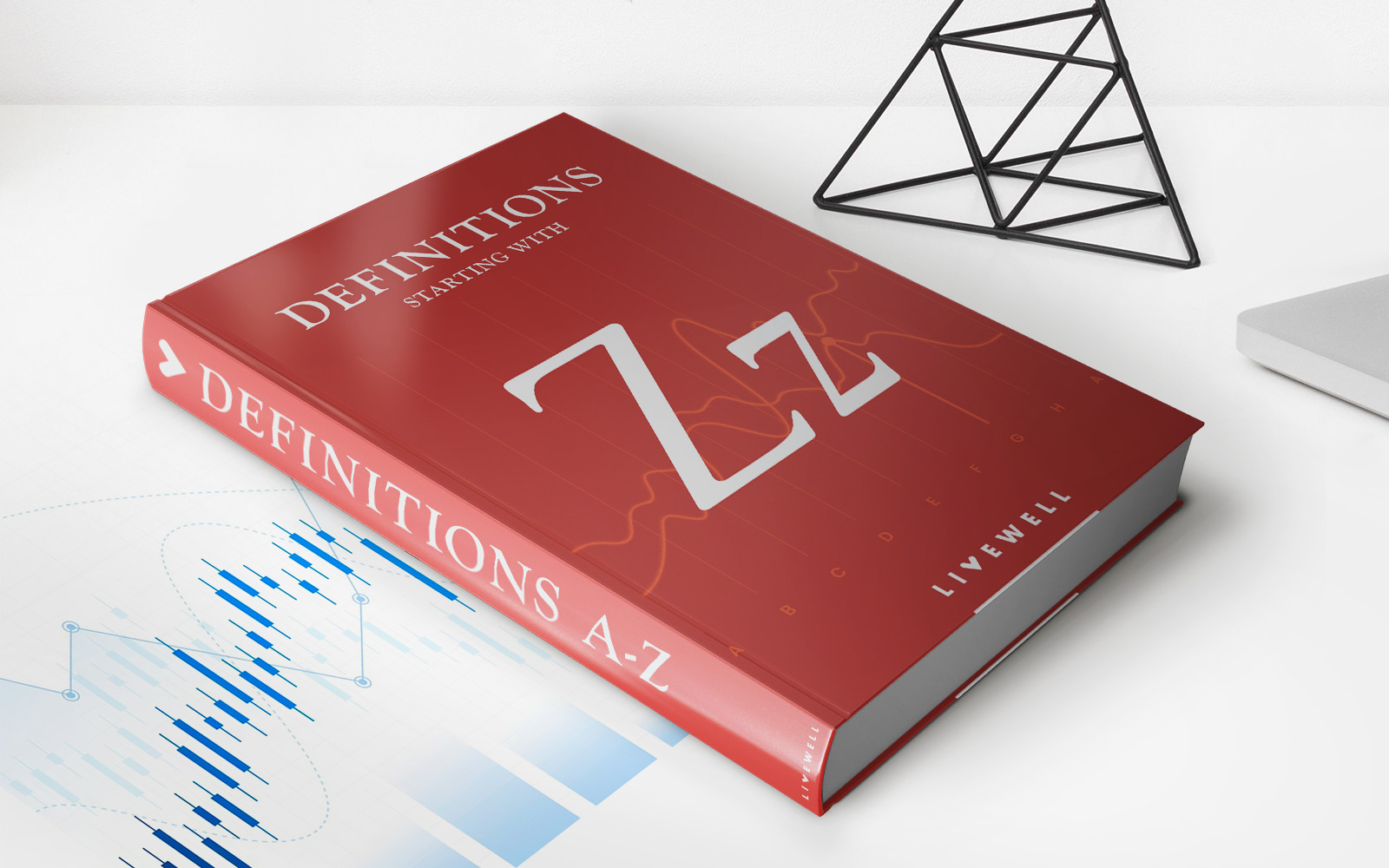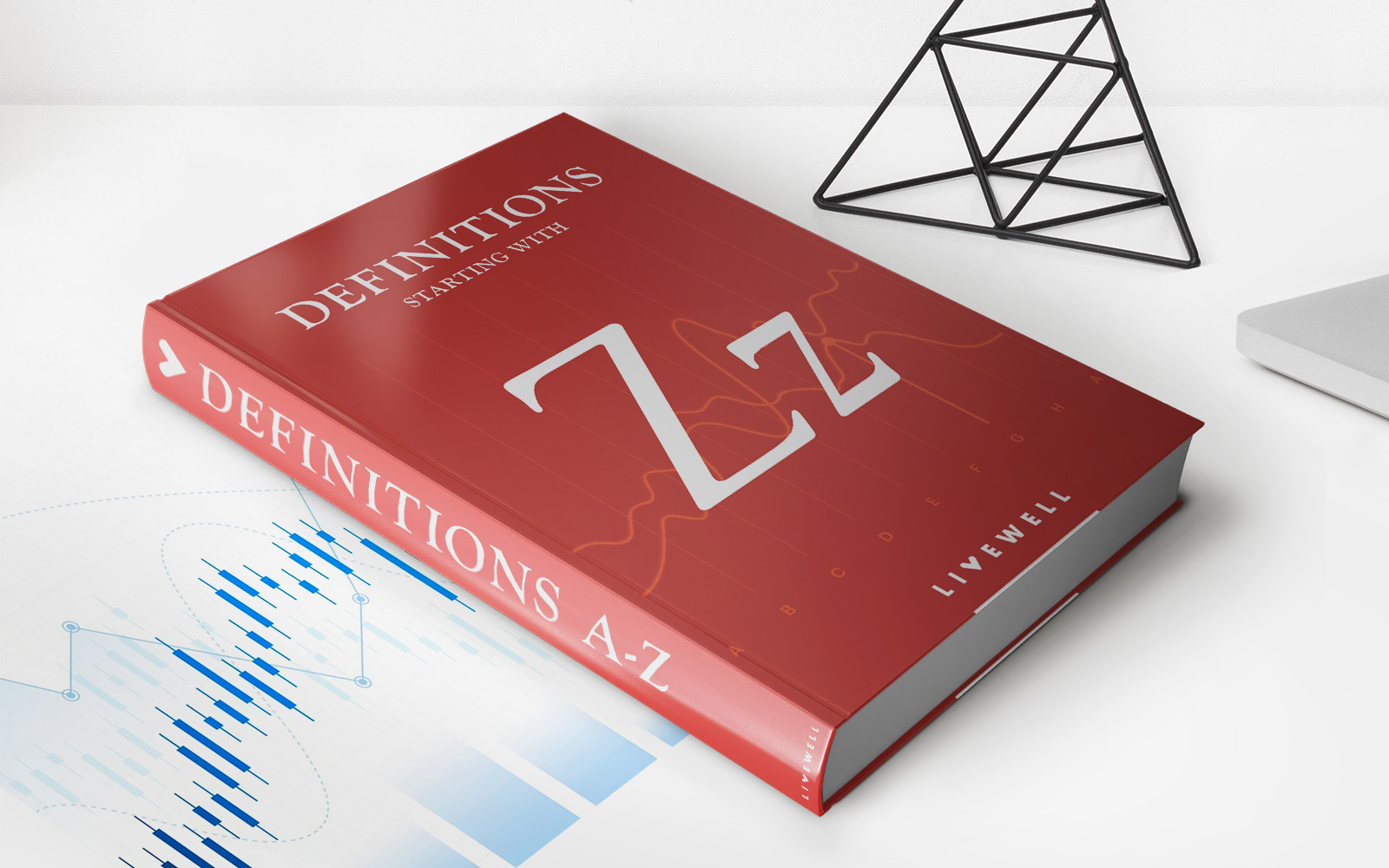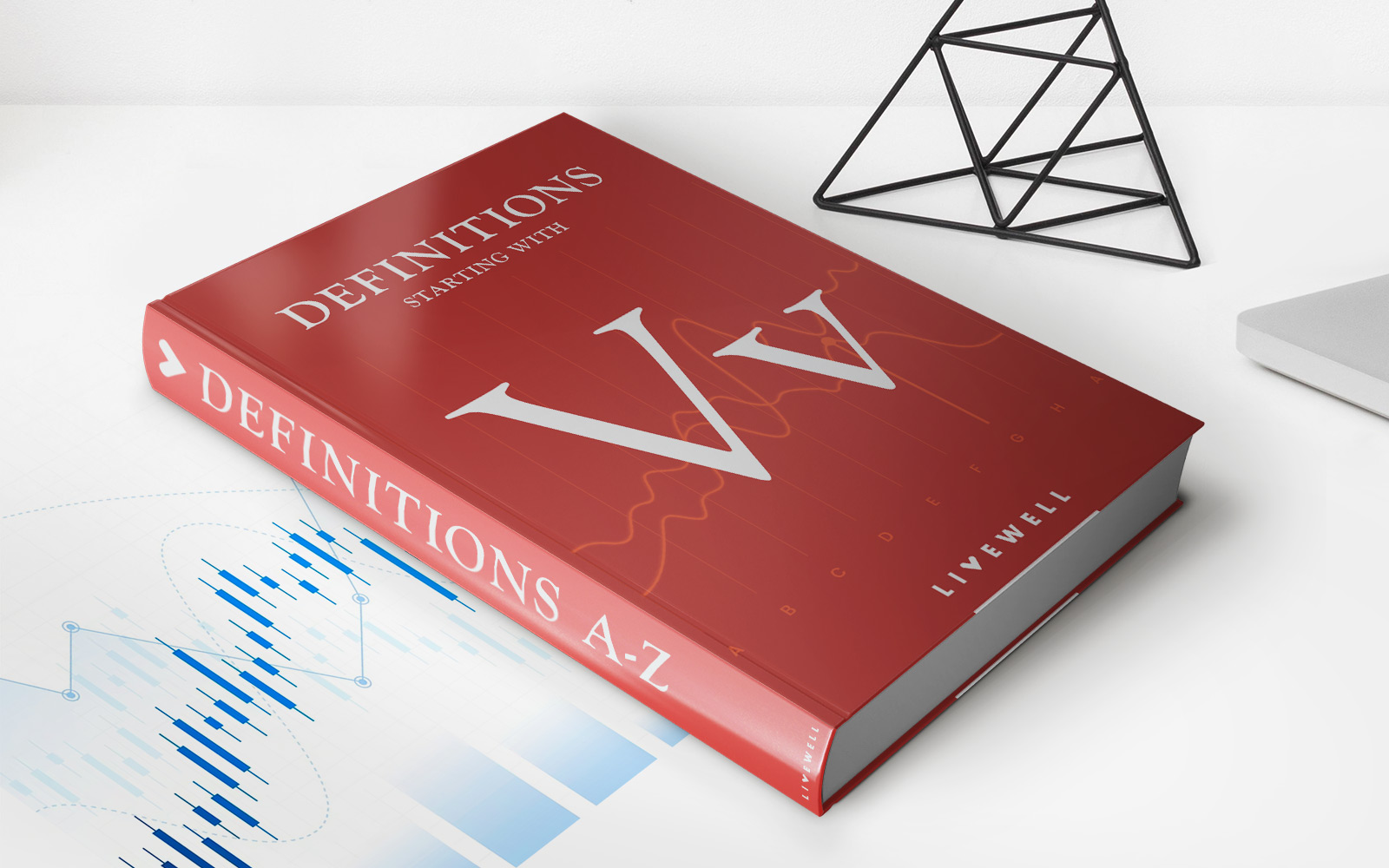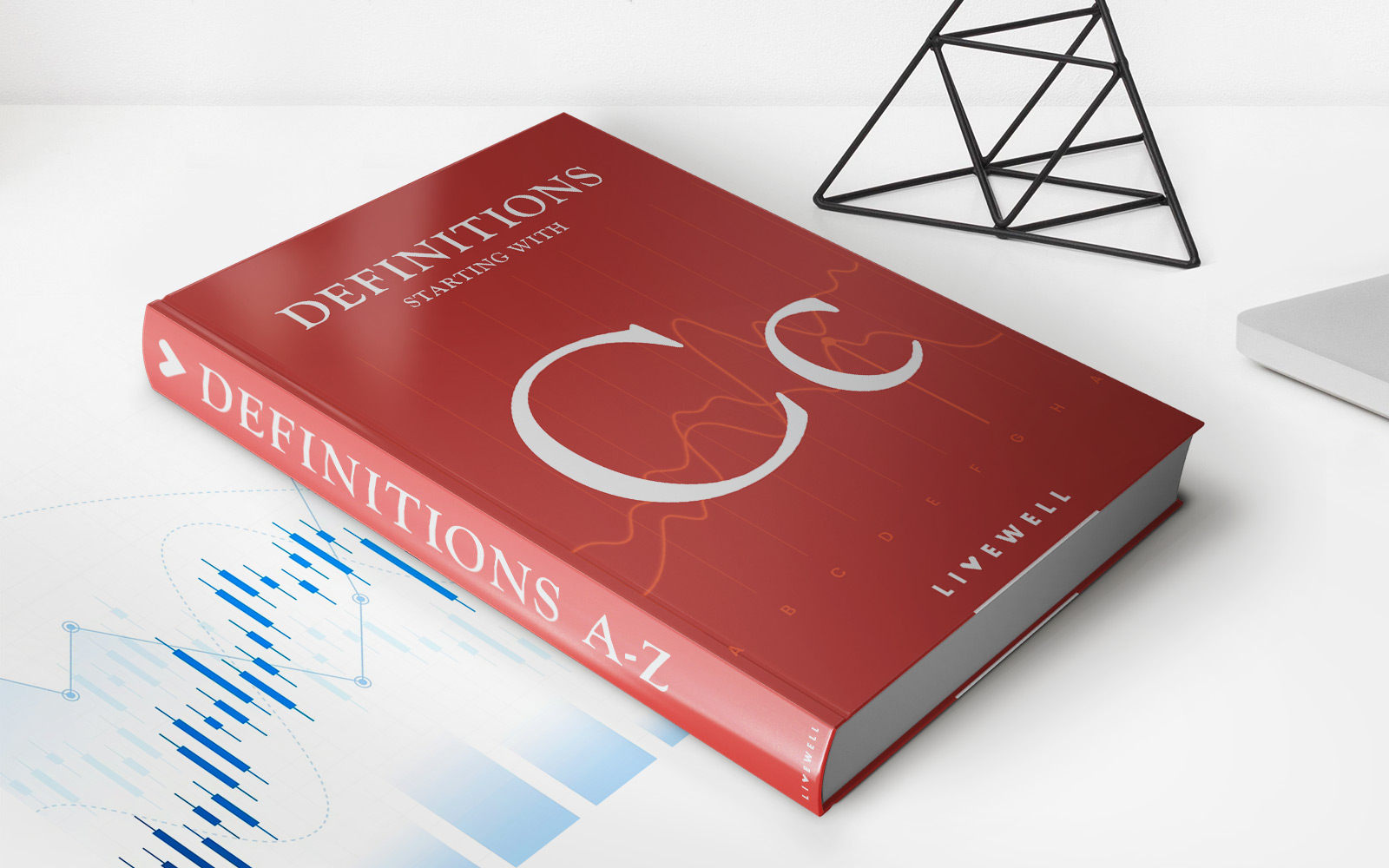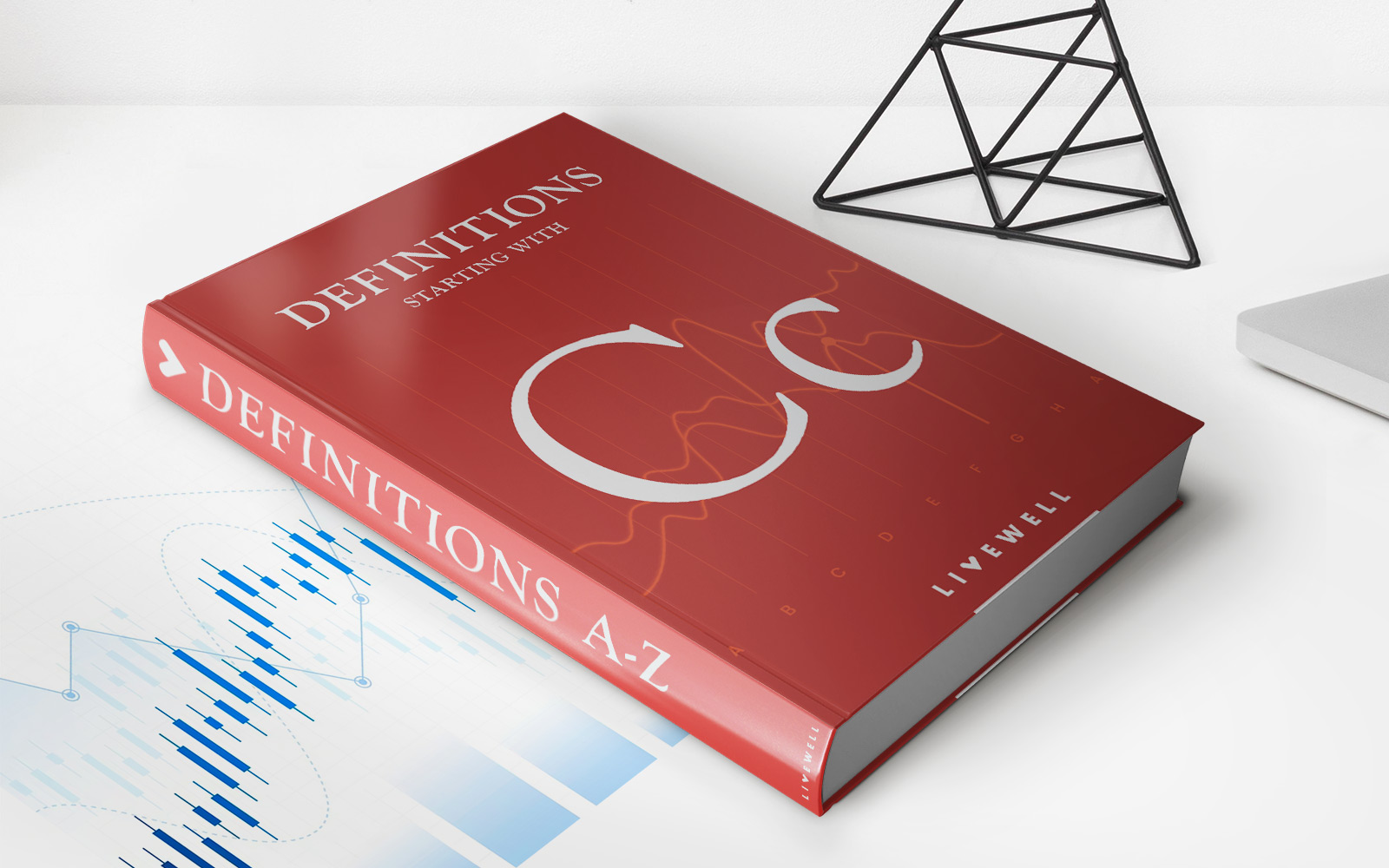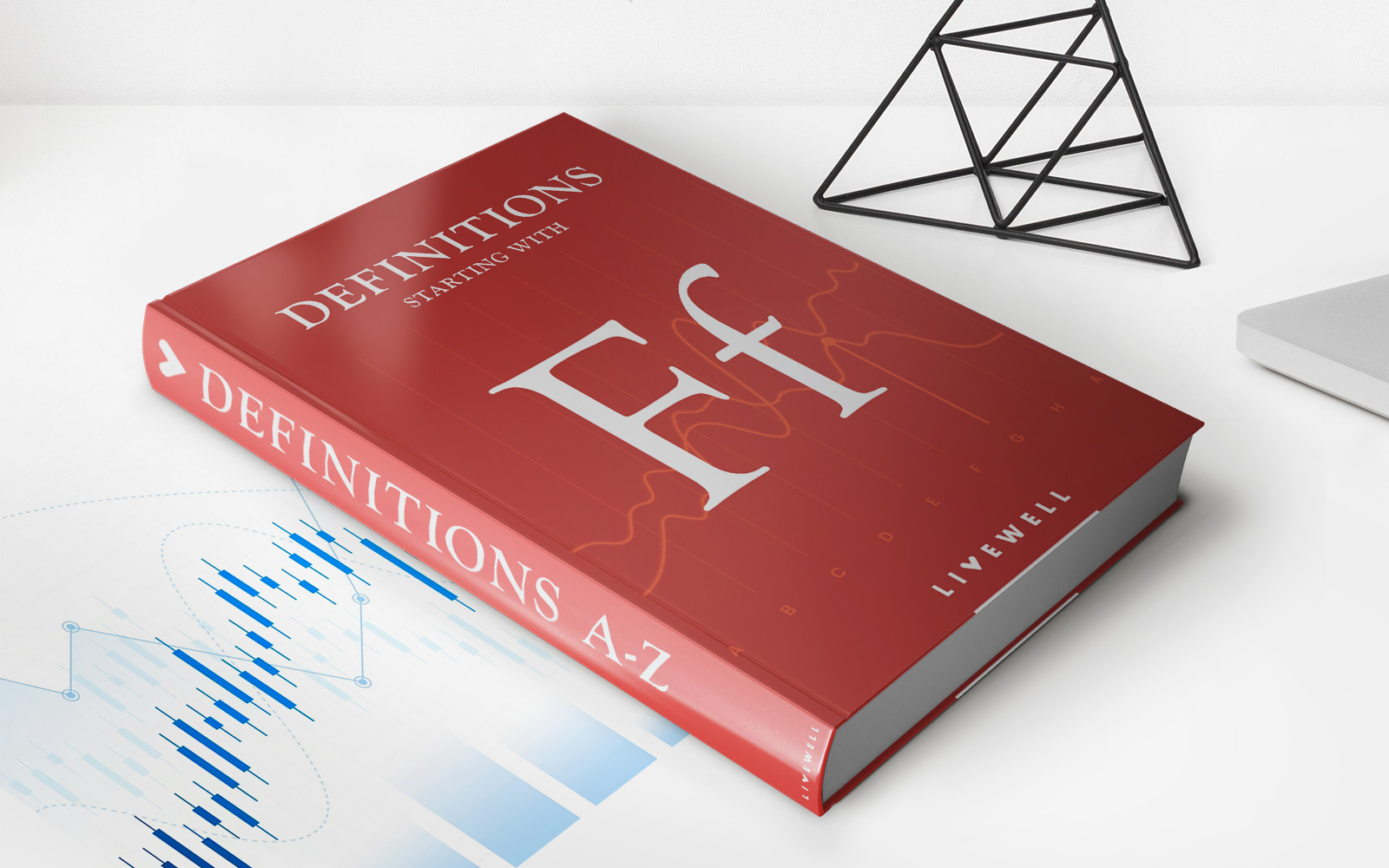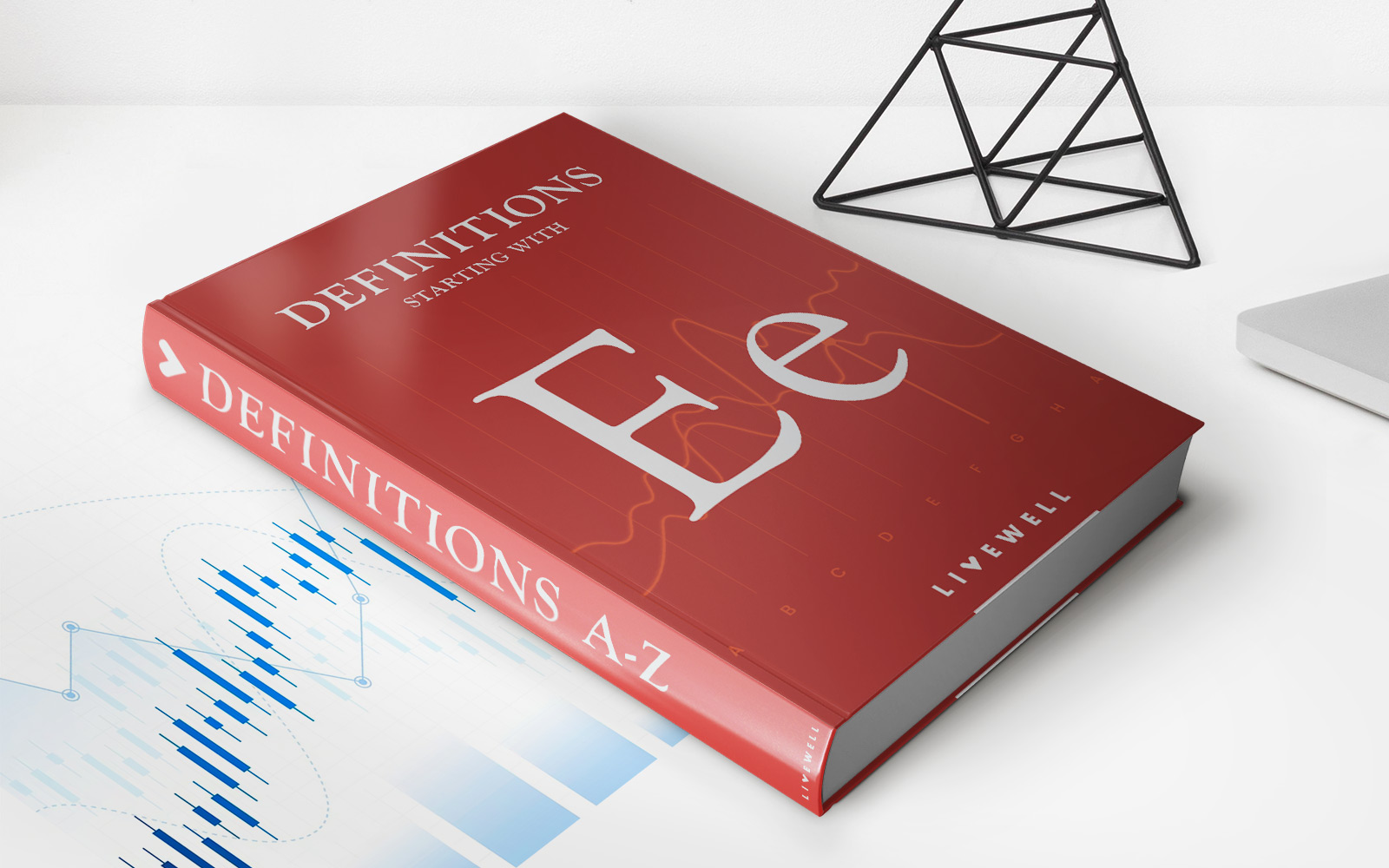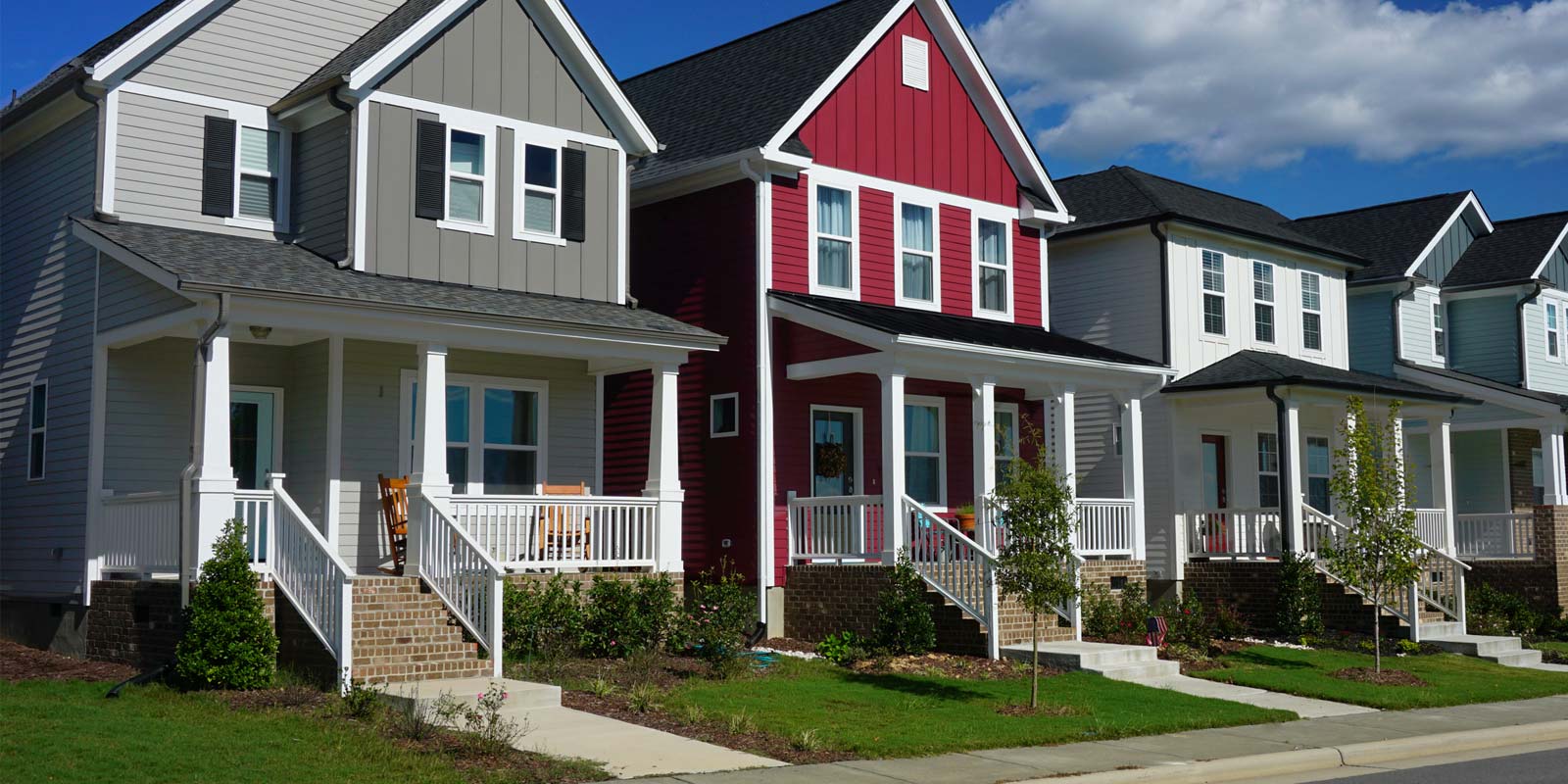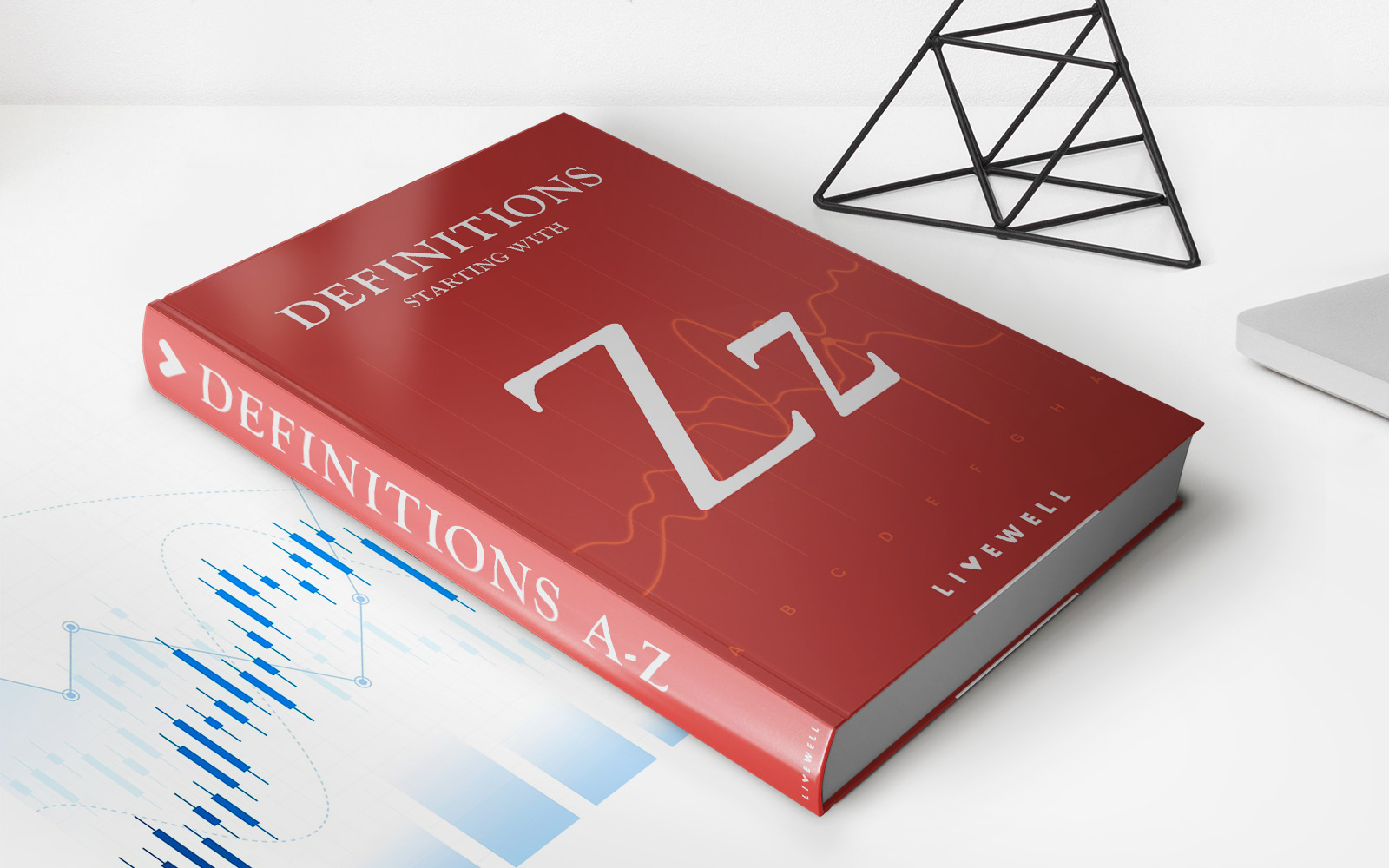

Finance
Zombie Foreclosure Definition
Published: February 20, 2024
Unlock the mystery of zombie foreclosures in the world of finance. Discover the definition and implications of this haunting term and how it affects the housing market.
(Many of the links in this article redirect to a specific reviewed product. Your purchase of these products through affiliate links helps to generate commission for LiveWell, at no extra cost. Learn more)
Understanding Zombie Foreclosure: A Definition and its Implications
Welcome to our Finance category! In this blog post, we will dive into the intriguing concept of Zombie Foreclosure. You might be wondering, what exactly is a zombie foreclosure? How does it impact homeowners and the real estate market? Well, my dear reader, we have the answers you seek!
Key Takeaways:
- Zombie foreclosure occurs when homeowners abandon their property during the foreclosure process, leaving the property in a state of financial limbo.
- The term “zombie” refers to the property that remains undead, neither fully foreclosed nor returned to the market.
So, let’s start by defining what a zombie foreclosure is. Imagine a homeowner who falls behind on their mortgage payments and receives a foreclosure notice. Instead of going through the formal foreclosure process, the homeowner decides to abandon the property, assuming the foreclosure will take care of everything. However, due to various reasons like backlogs in the courts or inefficient foreclosure procedures, the property remains in this state of foreclosure purgatory, in legal terms known as zombie foreclosure.
In these situations, the homeowner is no longer investing in the property or maintaining it, but the foreclosure process has not been completed, leaving the property in a financial limbo. It sits vacant while accumulating debt, property taxes, and maintenance costs. This can lead to a multitude of consequences, affecting not only the homeowner but also the overall real estate market.
Let’s explore the implications of zombie foreclosure:
- Financial Burden: Once abandoned, the property becomes a financial burden for the homeowner, who may still be liable for expenses such as property taxes, homeowner association dues, and maintenance costs. These accumulating costs can further exacerbate the homeowner’s already precarious financial situation.
- Neighborhood Impact: Zombie foreclosures negatively impact the surrounding community. Neglected properties can become eyesores, attracting vandalism, lowering property values, and disrupting the overall aesthetic and safety of the neighborhood.
- Sluggish Market: With properties stuck in foreclosure limbo, the market can suffer from decreased supply and increased inventory of distressed properties. This imbalance can contribute to a sluggish real estate market, affecting both buyers and sellers.
So, what can be done to tackle the issue of zombie foreclosures? Local government and community organizations are taking steps to address this problem. Some initiatives include streamlined foreclosure processes, rehabilitation programs, and community outreach efforts to help homeowners navigate the complex foreclosure landscape.
In conclusion, the concept of zombie foreclosure represents a unique challenge in the real estate market. It affects not only homeowners facing foreclosure but also the overall economic well-being of communities. By understanding the implications and taking proactive measures, we can strive towards a more vibrant and resilient real estate market, free from the undead grasp of zombie foreclosures.
